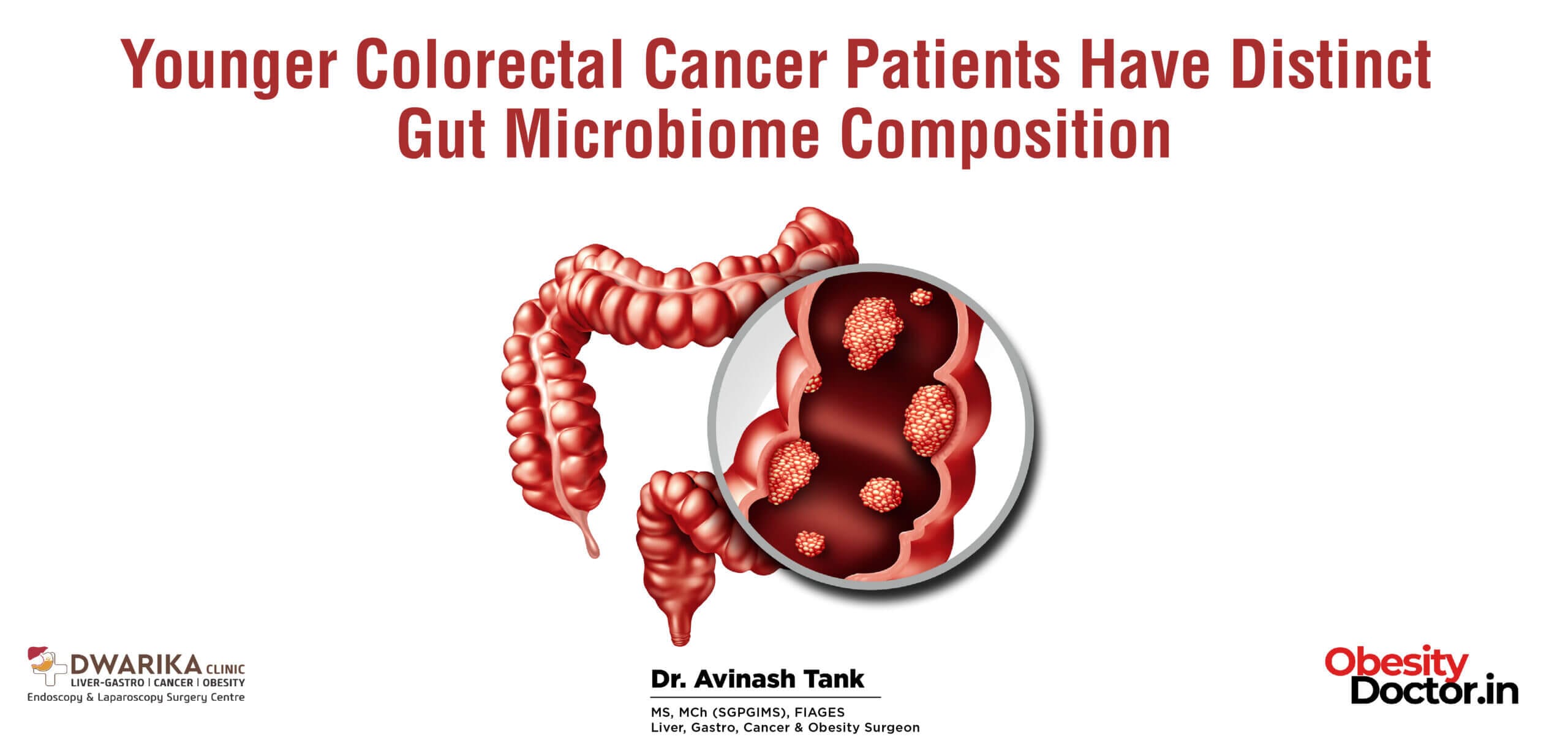
Younger Colorectal Cancer Patients Have Distinct Gut Microbiome Composition
A recent study has revealed significant differences in the gut microbiome of younger and older colorectal cancer (CRC) patients, suggesting a distinct microbial fingerprint for younger-onset CRC (yoCRC).
This research, published in eBioMedicine could pave the way for new preventive, diagnostic, and therapeutic approaches for this growing public health concern.
Key Findings:
- yoCRC patients have a more diverse and unique gut microbiome compared to older-onset CRC (aoCRC) patients.
- Specific bacteria, like Akkermansia and Bacteroides, are enriched in yoCRC tumors, while others, like Fusobacterium, are more common in aoCRC.
- Akkermansia abundance correlates with longer survival in yoCRC patients, suggesting a potential protective role.
- The findings highlight the potential role of environmental and lifestyle factors in yoCRC development.
Implications:
- Understanding the yoCRC microbiome could lead to the development of targeted interventions, such as probiotics or dietary modifications, to prevent or treat the disease.
- The distinct microbial profiles could also aid in earlier diagnosis and personalized treatment strategies for yoCRC patients.
- The study emphasizes the need for further research into the environmental and lifestyle factors that contribute to yoCRC.
Limitations and Future Directions:
- The study was retrospective and limited to a single institution, requiring further validation in larger and more diverse cohorts.
- The mechanisms by which specific bacteria influence yoCRC development need further investigation.
- Longitudinal studies are needed to track changes in the gut microbiome over time and their association with CRC risk and progression.
Overall, this study provides valuable insights into the unique gut microbiome of yoCRC patients and opens new avenues for research and intervention in this growing public health challenge.
